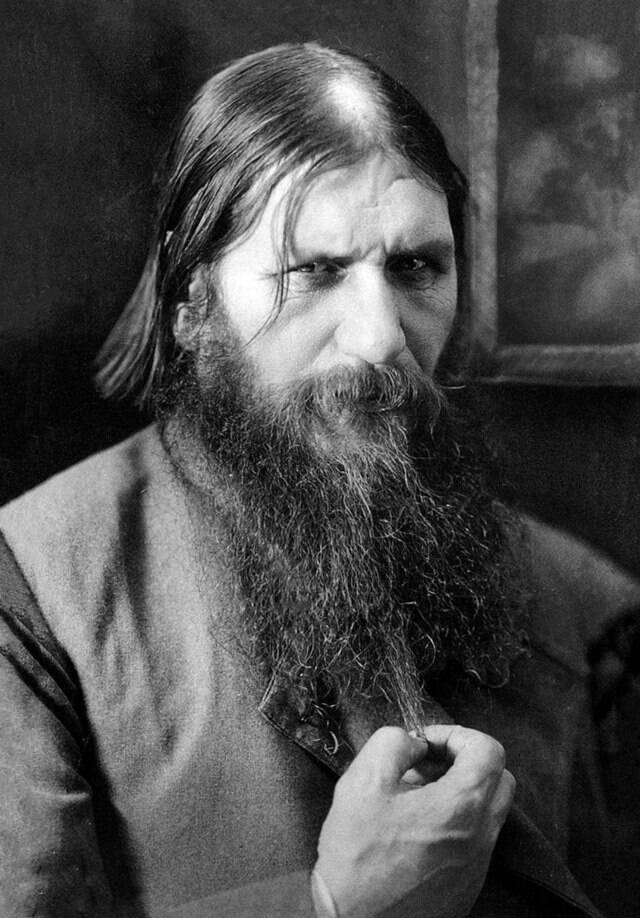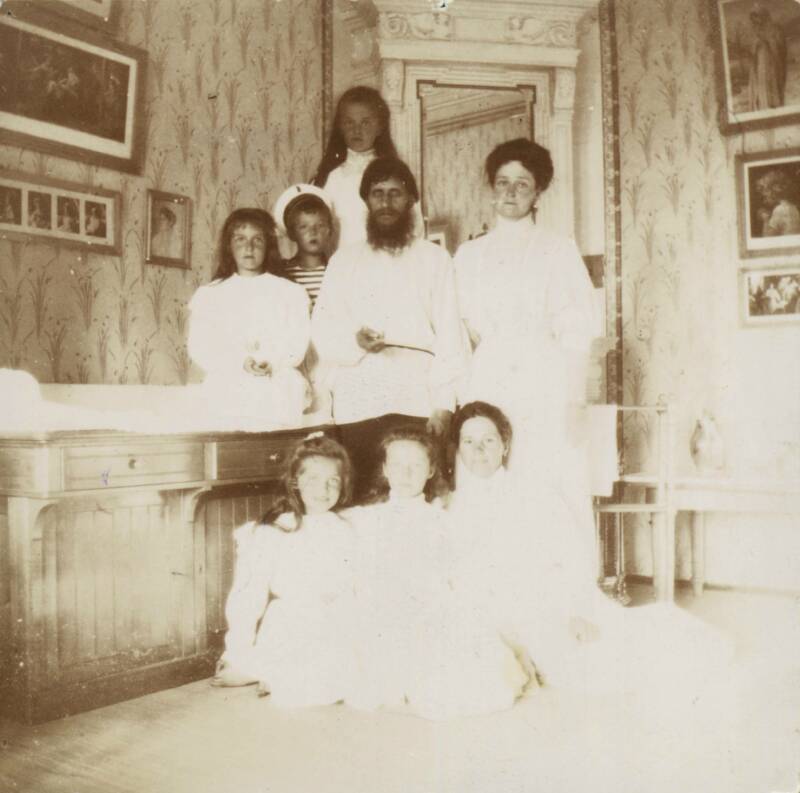Rasputin, The “Healer” Who Became One Of History’s Most Infamous Occultists
Today, the life of Grigori Rasputin is something of a legend. The mystic is best known for his intimate involvement with the Romanov family in the final years of the Russian Empire.

Public DomainGrigori Rasputin was a mystic and a close personal advisor to Czarina Alexandra of Russia.
Rasputin was born in a Siberian village in 1869, and there was no indication in his early life that he would be one of history’s most notorious occultists. In fact, he initially had plans to become a monk. However, he left his monastery after just a year, got married, and had children. Then, instead of settling down and raising his family, Rasputin began wandering through Russia, Greece, and the Middle East, gaining a reputation as a faith healer and soothsayer.
By the early 20th century, he’d returned to Russia, where he made his way to St. Petersburg. At the time, wealthy aristocrats and nobles in the country were dabbling in occultism as a form of entertainment. So, when word of Rasputin began to spread around the city, many powerful people were eager to meet him — including Czar Nicholas II and his wife, Alexandra.
The royals were desperate to find a cure for their son, Alexei, who suffered from hemophilia. When they summoned Rasputin to their palace during one of Alexei’s bleeding episodes around 1907 or 1908, the boy’s symptoms seemingly eased instantaneously.
Today, experts believe Rasputin’s refusal to let doctors intervene may have actually helped Alexei. They had been administering Aspirin, a blood-thinning drug, so when Rasputin took over the child’s treatment, the bleeding slowed. It was a coincidence, but it convinced the czar and czarina that Rasputin truly was a faith healer.

Public DomainRasputin pictured with Czarina Alexandra, her children, and their governess in 1908.
Of course, Rasputin’s more controversial reputation followed him to St. Petersburg, too. He told women that they could be healed simply by coming close to him, which gained him a variety of mistresses. When the czar heard of his debauchery, however, he refused to believe it. At this point, Alexandra was relying heavily on the occultist not only as her son’s healer but as a personal advisor.
By the 1910s, Rasputin’s influence on the royal court could no longer be ignored. When Nicholas took troops to the front lines during World War I in 1915 and left Alexandra to take care of political matters, Rasputin gained even more power, even going so far as to select government officials and intervene in military decisions.
In 1916, a group of Russian nobles decided they’d had enough and joined together to assassinate Rasputin that December.





